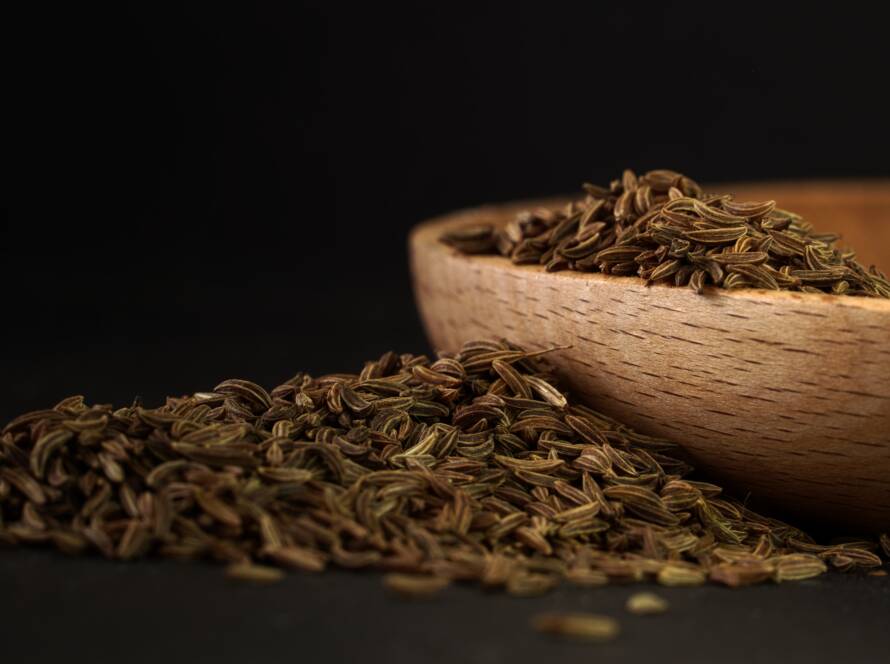Asian Ginseng
Introduction
This fact sheet provides basic information about Asian ginseng, an herb used for its flavor, scent, and potential therapeutic properties. Native to China and Korea, Asian ginseng has been utilized in various medicinal systems for centuries. It is one of several types of true ginseng, with American ginseng (Panax quinquefolius) being another. It’s important to note that Siberian ginseng (Eleutherococcus senticosus) is not true ginseng.
Common Names
- Asian ginseng
- Ginseng
- Chinese ginseng
- Korean ginseng
- Asiatic ginseng
Latin Name
- Panax ginseng
Uses
Asian ginseng is claimed to support overall health and boost the immune system. Its traditional and modern uses include:
- Improving recovery from illness
- Enhancing well-being and stamina, and improving mental and physical performance
- Treating erectile dysfunction, hepatitis C, and menopause-related symptoms
- Lowering blood glucose and controlling blood pressure
How It Is Used
The root of Asian ginseng contains active compounds called ginsenosides, believed to be responsible for its medicinal properties. The root is typically dried and used in various forms, including:
- Tablets or capsules
- Extracts
- Teas
- Creams or other topical preparations
Scientific Evidence
- Some studies suggest that Asian ginseng may lower blood glucose levels and benefit immune function.
- Research results are inconclusive enough to fully support health claims associated with the herb, with most studies being small or flawed.
- The National Center for Complementary and Integrative Health (NCCIH) supports ongoing research to better understand Asian ginseng’s interactions with other herbs and drugs and its potential to treat conditions like chronic lung infections, impaired glucose tolerance, and Alzheimer’s disease.
Side Effects and Cautions
- Asian ginseng is generally well tolerated when taken orally, but its use is often recommended to be limited to three months due to potential side effects.
- Common side effects include headaches, sleep disturbances, and gastrointestinal issues.
- Allergic reactions can occur, and there have been reports of breast tenderness, menstrual irregularities, and high blood pressure, although these may be due to other components in the products.
- Caution is advised for individuals with diabetes, as Asian ginseng may lower blood sugar levels, especially when combined with other blood sugar-lowering medications or herbs.
Communication with Healthcare Providers
It is essential to inform healthcare providers about complementary and alternative practices to ensure coordinated and safe care.
Sources
- Coates P, Blackman M, Cragg G, et al. Encyclopedia of Dietary Supplements. New York, NY: Marcel Dekker; 2005.
- Natural Medicines Comprehensive Database.
- Blumenthal M, Goldberg A, Brinckman J, eds. Herbal Medicine: Expanded Commission E Monographs. Newton, MA: Lippincott Williams & Wilkins; 2000.
- National Center for Complementary and Alternative Medicine.
For more information, you can visit the NCCAM National Institutes of Health.


